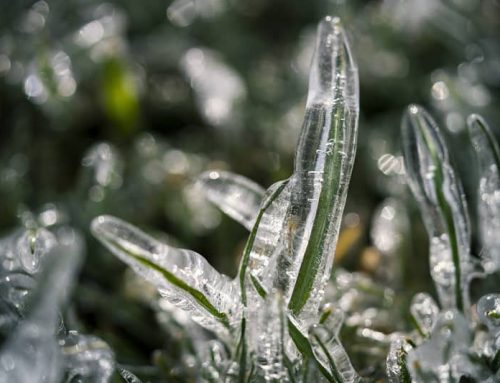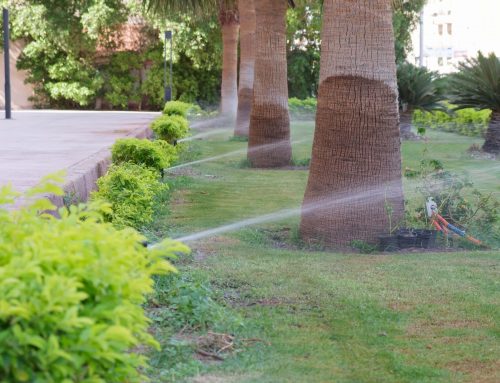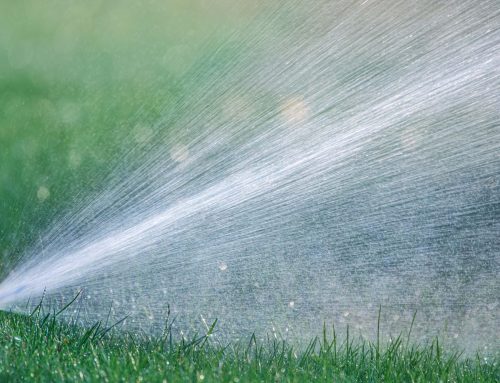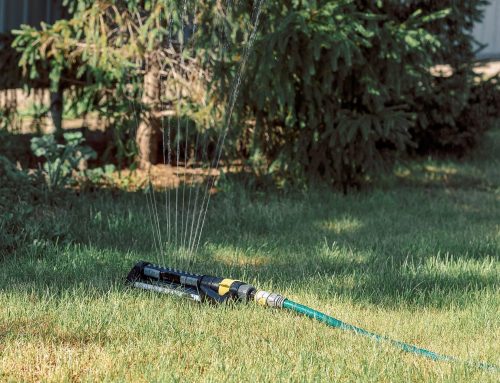Softened water is often a necessity in households plagued by hard water, which can cause scale buildup in pipes and appliances. However, if you’re an avid gardener, you might wonder about the impact that it might have on your plants and garden. Understanding the nature of softened water and its effects on your greenery is crucial for maintaining a healthy garden.
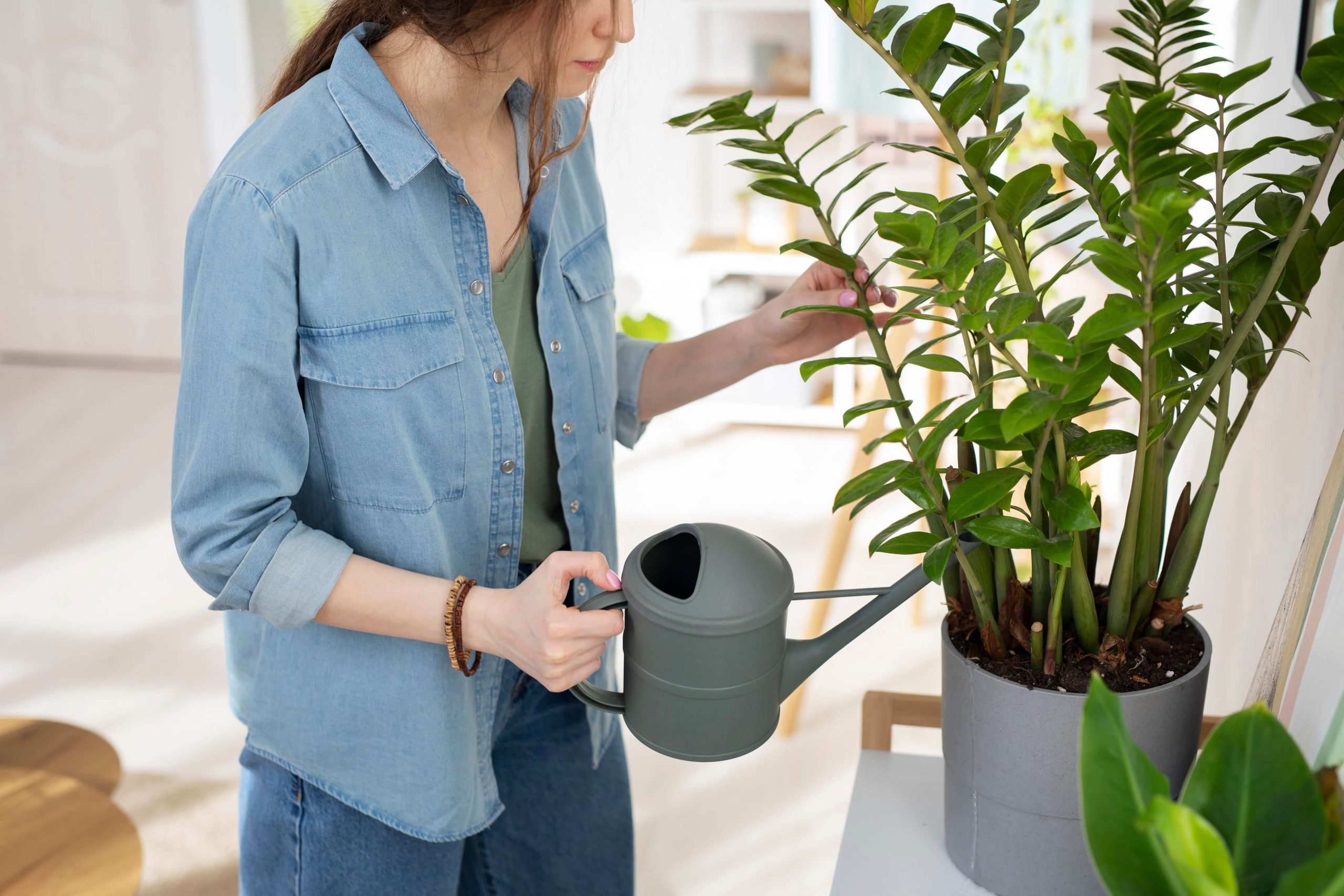
Understanding Softened Water and Its Effects
Softened water is treated water where minerals such as calcium and magnesium have been removed through an ion exchange process, replacing them with sodium or potassium ions. While it’s beneficial for household use, its high sodium content can have detrimental effects on your garden. Sodium in softened water can accumulate in the soil over time, disrupting nutrient balance and leading to poor plant growth, leaf burn, and potentially plant death if used continuously.
Can I Use Softened Water in My Garden?
Using softened water in your garden is not ideal but can be managed with certain precautions. It’s best to use it sparingly and not as the primary source of irrigation. Alternating between softened water and other water sources, such as rainwater or untreated tap water, can help mitigate its negative effects. Additionally, adjusting your irrigation practices can play a crucial role in protecting your plants. Thoroughly watering your plants with non-softened water occasionally can help flush out excess sodium from the soil. Mulching around your plants can also retain soil moisture and reduce the amount of softened water needed.
Managing Soil Health and Correcting Salt Levels
Over time, sodium from softened water can accumulate in the soil, necessitating corrective measures. One effective method is to add gypsum to your soil, which helps displace sodium ions and improve soil structure. Regular soil testing is also essential to monitor and manage salt levels effectively, ensuring your plants receive the nutrients they need. Incorporating organic matter and compost into your soil can enhance its structure and nutrient content, further mitigating the negative effects of sodium.
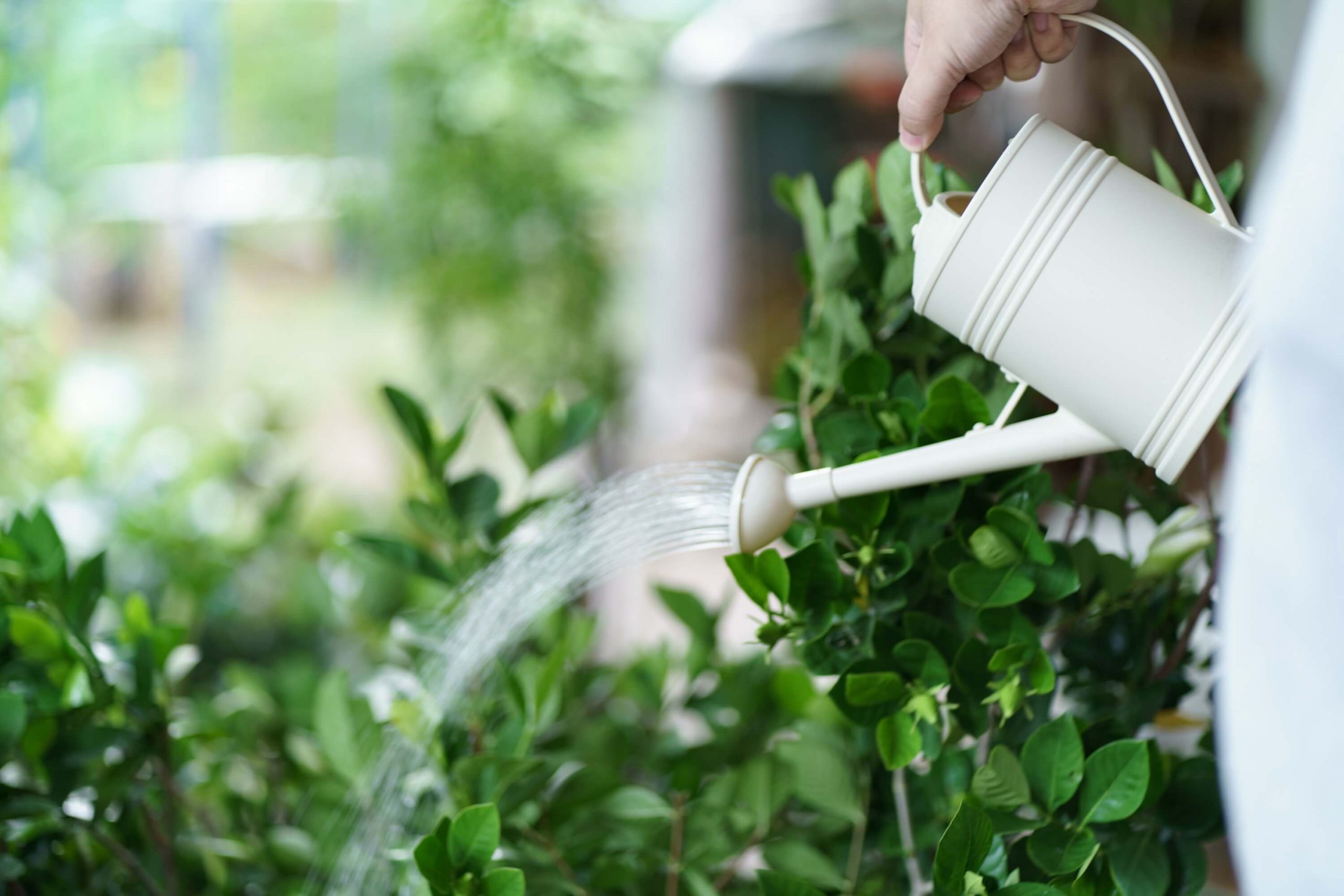
Water Softener Installation Considerations
If you’re considering installing a water softener, understanding the installation options and requirements is crucial. While indoor installations are common, some homeowners may need or prefer an outdoor installation. Outdoor installations require special considerations to protect the unit from weather elements such as rain, sun, and freezing temperatures. It is possible to have a water softener installed outside, but it requires a weatherproof cover to shield the unit and proper drainage to prevent water damage. The location should be accessible for maintenance and placed on a stable, level surface.
For an effective outdoor installation, ensure the unit is protected from extreme weather conditions. This includes using a durable, weather-resistant cover and considering the unit’s exposure to sunlight, which can affect its performance. Proper insulation may be necessary to prevent freezing in colder months. Additionally, consulting a professional can help determine the best location and setup for your water softener.
Can I Install a Water Softener Myself?
While some homeowners may opt for DIY installation, professional installation is recommended to ensure the unit is set up correctly and to avoid potential issues down the line. A professional can ensure the system is properly connected to your plumbing and provide guidance on maintaining and protecting the unit.
While softened water is not ideal for plants due to its high sodium content, it can be used with caution. Adjusting irrigation practices, regularly testing and amending soil, and using alternative water sources can help protect your garden.
For personalized advice and professional guidance on caring for a garden with softened water, contact Cutters Edge today. Our experts can help you create and maintain a thriving garden. Get in touch with us for a free quote and let us assist you in achieving a beautiful, healthy landscape!

